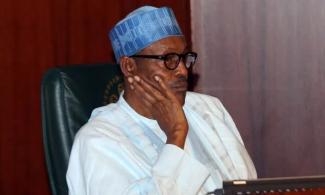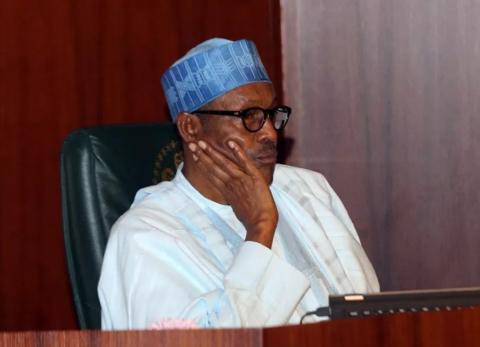
“The President was well aware of the fact that his position was untenable and likely to be very unpopular, which was why he waited until after the general election to decline assent."

The Media Rights Agenda has condemned President Muhammadu Buhari’s refusal to assent to the Digital Rights and Freedom Bill.
The group through Ms Morisola Alaba, its Legal Officer, noted that the reasons cited by the president are “illogical and evidence of his Administration’s unwillingness to uphold and protect the freedom of expression and other human rights of Nigerians in the online environment.”
In rejecting the bill, Buhari said the bill “covers too many technical subjects and fails to address any of them extensively”.
However, Alaba said the bill does not seek to address the technicality of digital rights and Internet freedom in any extensive manner, but to propose and affirm a human rights-based approach in dealing with these issues and to ensure that future laws and policies, as well as administrative actions, are consistent with this approach.
She stated that there is no law guiding the actions of the government on hampering users of digital media.
She said: “Given that no laws have been passed to guide the actions and activities of Government and other actors in these areas, and in the light of the fact that there is no certainty about when such laws are likely to be passed, it makes no sense to refuse to assent to the Bill on the ground that it may duplicate or conflict with laws that are not yet in existence.
“A more logical approach for a government that is genuinely desirous of upholding and protecting the digital rights and freedoms of its citizens would be to ensure that the spirit behind the proposed legislation and the principles recognized in it are consistent with the government’s policy stance and then ensuring that the provisions of future laws touching on the issues addressed in the Bill are properly aligned with its policy approach, even where such laws seek to address technical issues in a more detailed and extensive manner.”
According to Alaba, the President knew his position on the bill would be unacceptable, which is why he delayed making his decision public until after the election.
“The President was well aware of the fact that his position was untenable and likely to be very unpopular, which was why he waited until after the general election to decline assent and express his views on the matter when he knew that he had 30 days from February 5, 2019 to indicate whether he would assent to the Bill or withhold assent,” she said.